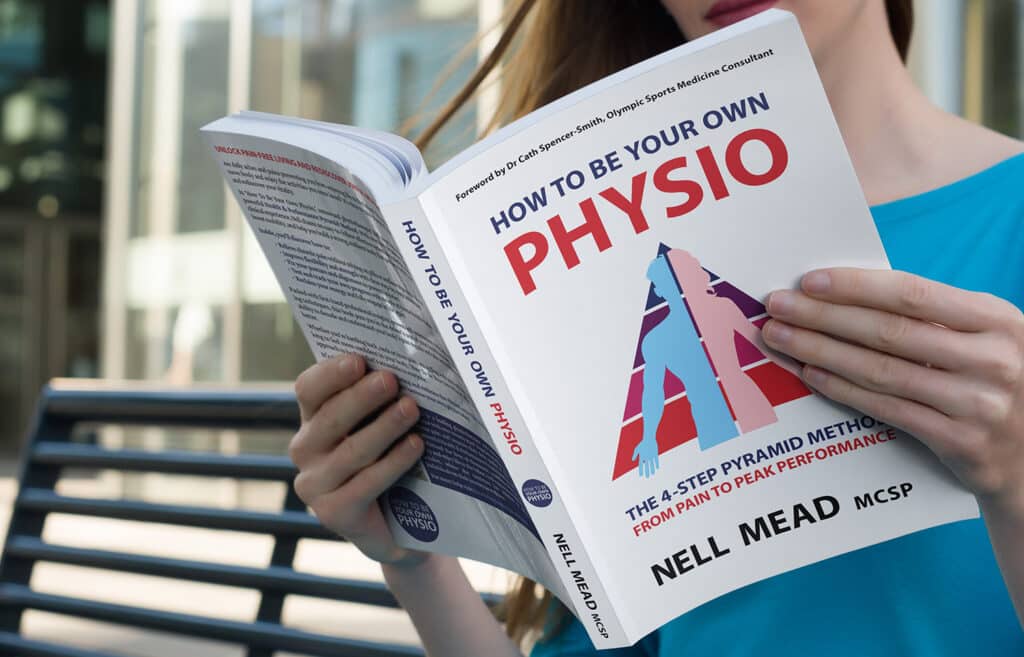
Painful knee arthritis? You might want to read this…
Do you have painful arthritis in your knees? You may be interested in taking part in a clinical trial of new medication.
If you’re looking for knee instability physiotherapy, and need a therapist who is thorough and thinks outside the traditional physiotherapy box, then look no further!
Get in contact
Just call my London team on
0207 175 0150 or use the form below and let me help you get better.
If you are suffering from instability in the knee, it can be a painful and a scary problem – we expect to be able to trust our knees to keep us upright and not to collapse unexpectedly at any given moment!
The three systems that have to work in harmony to keep your knee stable are:
If one or more of these systems is compromised – by trauma, such as a rugby, football, skiing or road accident; or by chronic pain or a spinal cord injury, you could develop an unstable knee.
The first thing we need to understand when you come in for an assessment is why your knee is unstable. Has there been a traumatic structural injury such as an ACL tear or a fracture, or do you have chronic muscular weakness stemming from pain or from a nerve injury? Can we get the muscles to work well enough to stabilise your knee adequately for you to be able to do the tasks and activities that you want to be able to do, or is there simply too much damage?
We need to understand whether your instability is due to bone shape, ligamentous integrity, or muscular control. This may involve imaging such as X-ray or MRI as well as a clinical assessment; and we may need to talk to other specialists such as an orthopaedic knee surgeon, a radiologist, a neurologist, a sports doctor or a rheumatologist.
Physiotherapy for knee instability will focus on retraining the muscle and movement patterns that allow you to trust that your knee will hold you upright without giving way underneath you. We are likely to work on the muscles that attach to the bones of the knee directly – the calf muscles, hamstrings, quadriceps and adductors. We are also likely to work on the muscles which don’t have a direct attachment to the knee area but which are nonetheless vital to maintain normal alignment and control of the femur and tibia, such as gluteus medius and tibialis posterior. It’s hard for your quads and hamstrings to work optimally when your hip is stiff, or when the arches of your feet are collapsing at every step!
However, if the passive systems (bone, cartilage and ligament) are significantly damaged, then we may also need to involve some of the other profesionals. Teamwork is key to success if you’re to make the best possible recovery – and don’t forget that the most important member of your team is you!
Follow-up sessions if required are usually an hour – it’s important to me to be very thorough when it comes to Knee instability physiotherapy, as I want to be the last knee physiotherapist you need.
Learn more about the following knee physiotherapy I provide
As a leading knee instability physiotherapist in London, I regularly write about injuries, treatment and assessment techniques.

Do you have painful arthritis in your knees? You may be interested in taking part in a clinical trial of new medication.

Knee pain can be debilitating, and is incredibly common.

Having a knee replacement ks a big decision! So what can you do to ensure that your knee replacement surgery goes as well as possible?

Do you have painful arthritis in your knees? You may be interested in taking part in a clinical trial of new medication.
Simply fill in the form and my team will call you
Quick Links
Address
Longcroft House
2-8 Victoria Ave
London
EC2M 4NS
Are you tired of quick fixes that leave you back at square one? Ready to take control of your health with evidence-based strategies?
My book isn’t just another health tome – it’s your ticket to understanding your body and conquering both niggles and long-standing symptoms.
